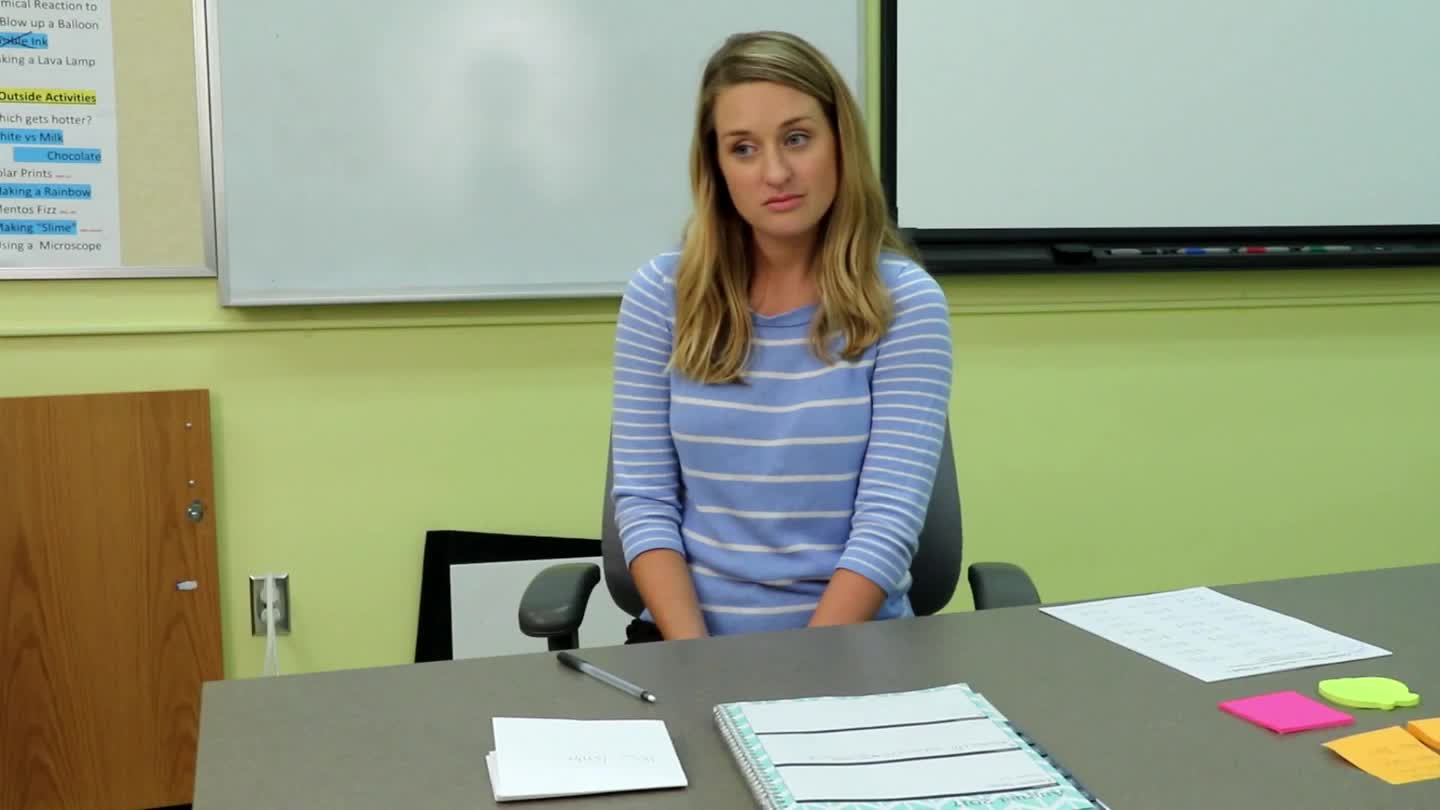Special education professionals often work with high school students to improve their communication skills, particularly in navigating social situations with respect. In this blog post, we will explore the concept of respectful communication, its significance, and how to develop effective Individualized Education Program (IEP) goals to support students.
Understanding Respectful Communication
Respectful communication is the ability to express oneself in a polite and considerate manner, especially when addressing sensitive subjects or pointing out someone’s mistake. This skill is crucial for students’ learning, social interactions, and overall wellbeing, as it fosters a positive and supportive environment for everyone involved.
The Role of Specialists
Various specialists can support the development of respectful communication in high school students. These include:
- Speech-Language Pathologists: They can help students develop their verbal and non-verbal communication skills, such as tone of voice and body language.
- Social Workers: They can work with students to understand the importance of respecting others and provide guidance on how to navigate challenging social situations.
- Psychologists: They can address any underlying emotional or cognitive issues that may be impacting a student’s ability to communicate respectfully.
- School Counselors: They can provide support and resources to help students develop social skills and foster positive relationships with their peers and teachers.
IEP Goals for Respectful Communication
Here are some specific SMART IEP goals to support respectful communication in high school students:
Goal 1: Improve polite and indirect communication
By the end of the academic year, the student will demonstrate the ability to communicate politely and indirectly in 90% of observed situations, as measured by teacher observations and feedback.
Strategies and activities:
- Role-playing exercises to practice polite and indirect communication
- Small group discussions to analyze and reflect on respectful communication in various contexts
- Visual aids and cue cards to reinforce polite phrases and respectful language
Goal 2: Develop empathy and perspective-taking
By the end of the academic year, the student will demonstrate increased empathy and perspective-taking skills in 80% of observed situations, as measured by teacher observations and feedback.
Strategies and activities:
- Guided discussions to explore the feelings and perspectives of others
- Interactive activities to practice active listening and empathy-building
- Self-reflection exercises to identify personal strengths and areas for improvement in empathic communication
Implementing and Measuring Progress
Implementing these goals involves consistent practice, collaboration between specialists, and regular feedback. Progress can be measured through observation, documentation, and assessment of students’ performance in various social situations. Regular check-ins and goal adjustments are essential to ensuring continued growth and success in respectful communication.
Conclusion
Developing effective IEP goals for respectful communication is crucial for high school students’ social and academic success. By implementing these goals and strategies, educators can support students in navigating social situations with respect and empathy. We encourage you to apply these IEP goals and explore more resources at Everyday Speech Sample Materials to enhance your students’ communication skills.






